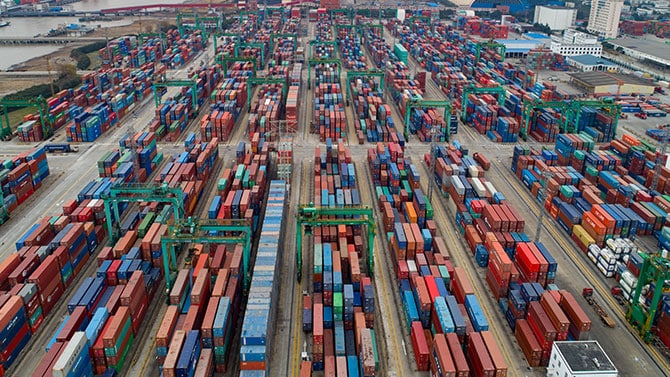{{item.title}}
{{item.text}}

{{item.text}}
September 2024
In a fact sheet issued September 13, the Biden Administration announced its intention to take executive action against alleged “significant increased abuse” of the so-called “de minimis” exception by various entities — including several China-founded e-commerce platforms — that ship illegal and unsafe products into the United States to the detriment of American consumers, workers, and businesses. The de minimis exception allows shipments, the aggregate fair retail value of which is $800 or less per person per day, to enter the United States with less information than other imports and without being subject to tariffs and taxes. The fact sheet accuses “foreign corporate giants” and other entities of abusing the de minimis exemption for a variety of reasons, including concealing shipments of illegal and dangerous products, avoiding compliance with US health and safety and consumer protection laws, and circumventing US trade enforcement actions intended to level the playing field.
In addition to calling on Congress to pass legislation to reform the de minimis exemption comprehensively to further protect American consumers, workers, and businesses, the administration announced its intention to issue proposed rules that would:
Note: Products covered by antidumping (AD) or countervailing duty (CVD) orders already are excluded from de minimis exemption eligibility.
The provisions at issue cover large segments of imports into the United States. Section 301 tariffs alone currently cover approximately 40% of US imports, including 70% of textile and apparel imports from China.
Businesses that could be affected by a narrowing of the de minimis exception should monitor the administration’s issuance of the proposed rules to be prepared should the regulations be finalized and implemented. Additionally, they should determine how the proposed changes could affect their import flows and attendant costs and whether they might wish to explore alternative import models for their businesses.
{{item.text}}

{{item.text}}
